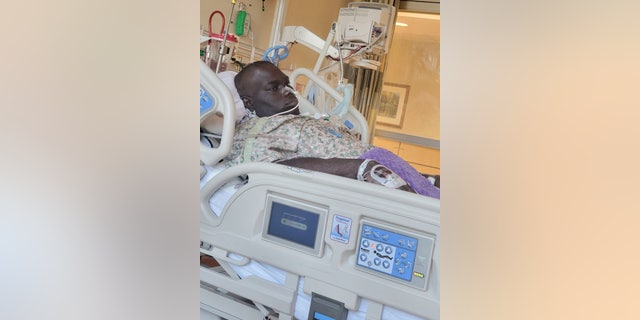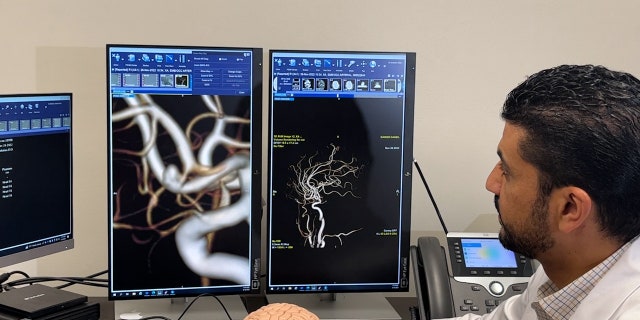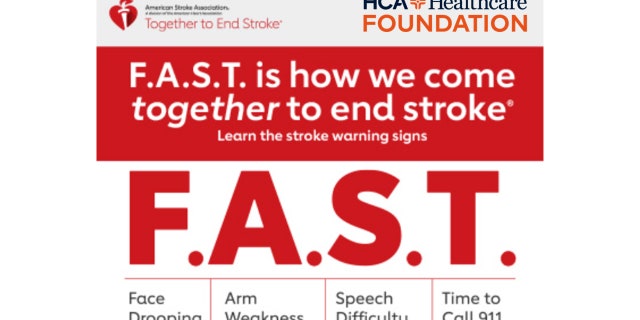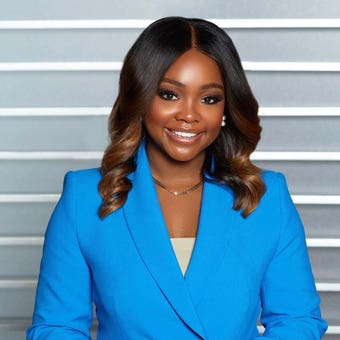You don't want to have a young adult stroke because:
Misdiagnosis
Rather than relying on your doctor to diagnose young adult strokes, it is much better for you to instruct your children to have all the classic signs.
It is your responsibility to have ALL the classic symptoms:
Sudden numbness or weakness in the face, arm, or leg, especially on one side of the body. Sudden confusion, trouble speaking, or difficulty understanding speech. Sudden trouble seeing in one or both eyes. Sudden trouble walking, dizziness, loss of balance, or lack of coordination.
Don't do the dizziness one, if you're a young adult you'll get nailed for intoxication of some sort.
Amy on her 36 hour wait for a diagnosis.
‘Doesn’t Look Like He Needs an Ambulance’: 17-Year-Old Boston Student Has Stroke In Class. School Nurse Argues with His Mom to Pick Him Up Instead of Calling 911
Doctors know nothing on how to get you 100% recovered.
The realist view that you seemed to miss is that only 10% get fully recovered and nobody in the world knows a damn thing about how to get into that 10%.
A rapid realist review of post-stroke rehabilitation for young adults
The latest here:
Reports reveal the risk for strokes is on the rise in young adults
The American Stroke Association reports strokes in ages 49 and younger has continued to increase over the last 30 years
HOUSTON – May is National Stroke Awareness Month, and along with education on strokes, doctors are looking for answers to why strokes are happening in younger patients.
The American Stroke Association reports more strokes in adults under 50. One Houston doctor says he isn’t sure exactly why this is happening, but thinks our changes in lifestyles could be an answer.
Daniel Gainer had a stroke at just 29 years old. "This was my first real health problem, and out of nowhere it just happened" Daniel Gainer.
His wife says it happened unexpectedly.

Daniel Gainer had a stroke at age 29 (DENISHA BROWN-GAINER)
STROKES IN YOUNGER ADULTS ARE RISING
"It started Friday night after Thanksgiving, with him complaining of a really bad headache," Denisha Brown-Gainer said.
That headache was a stroke, which led to a brain bleed. And after several life-saving efforts by HCA Houston Healthcare 29-year-old Daniel Ganier's major organs began to fail.
"When Dr. El-Ghanem came, he said the odds were not very good. Even if they could fix it and stop the bleeding, there was not a guarantee that he would survive," Brown-Gainer said.
Mohammed El-Ghanem, MD with HCA Houston Healthcare was Daniel Ganier's doctor.

Daniel Gainer's doctor says 29 is young for a stroke (Joy Addison/Fox News )
"Mrs. Gainer, I went to her twice, and I was like ‘I don’t think he’s going to survive'" Dr. El-Ghanem said.
But, doctors were able to stop the bleeding and reverse his organ failure. His doctor says 29 is young for stroke.
The American Stroke Association reports the incidence of stroke among adults ages 49 and younger in the U.S. has continued to increase over the last 30 years.

F.A.S.T. is an acronym that helps recognize the signs of a stroke (Joy Addison/Fox News)
EXPERTS FEAR THAT CORONAVIRUS COULD BE CAUSING STROKES AMONG YOUNG ADULTS
"About 15% of all strokes occur in adults 50 or under" Tracie Morden with the American Heart and Stroke Association said.
Doctors caution younger people to know the warning signs for a stroke: face drooping, arm weakness, speech difficulty, and time to call 9-1-1.
Dr. El-Ghanem says researchers are still looking for answers, but he has an idea why this could be happening. "In my opinion, it’s more of the unhealthy life that we’re living. A lot of junk food, unhealthy food, people tend not to exercise, because of work and their busy lives" Dr. El-Ghanem.

No comments:
Post a Comment